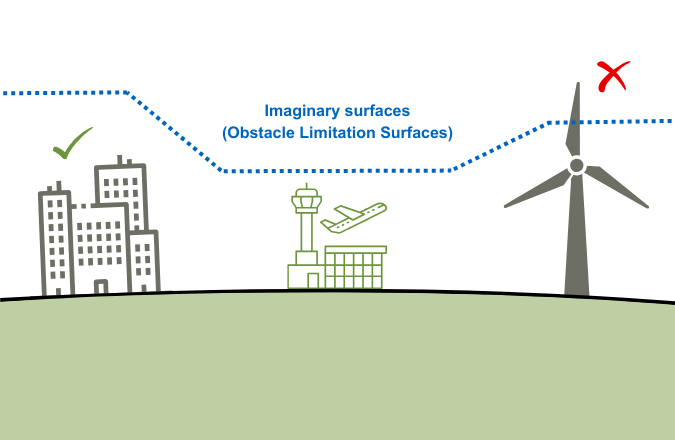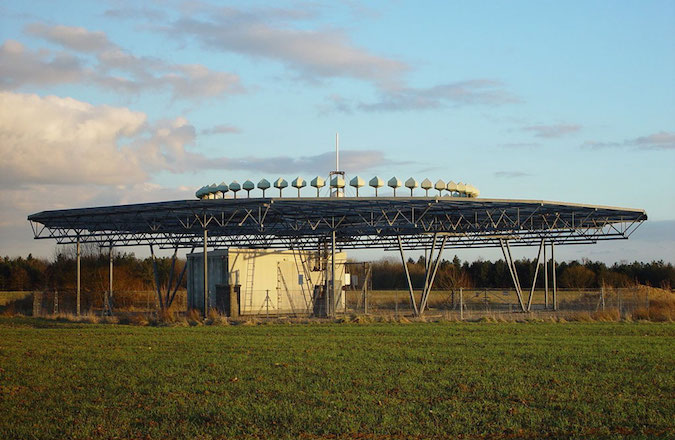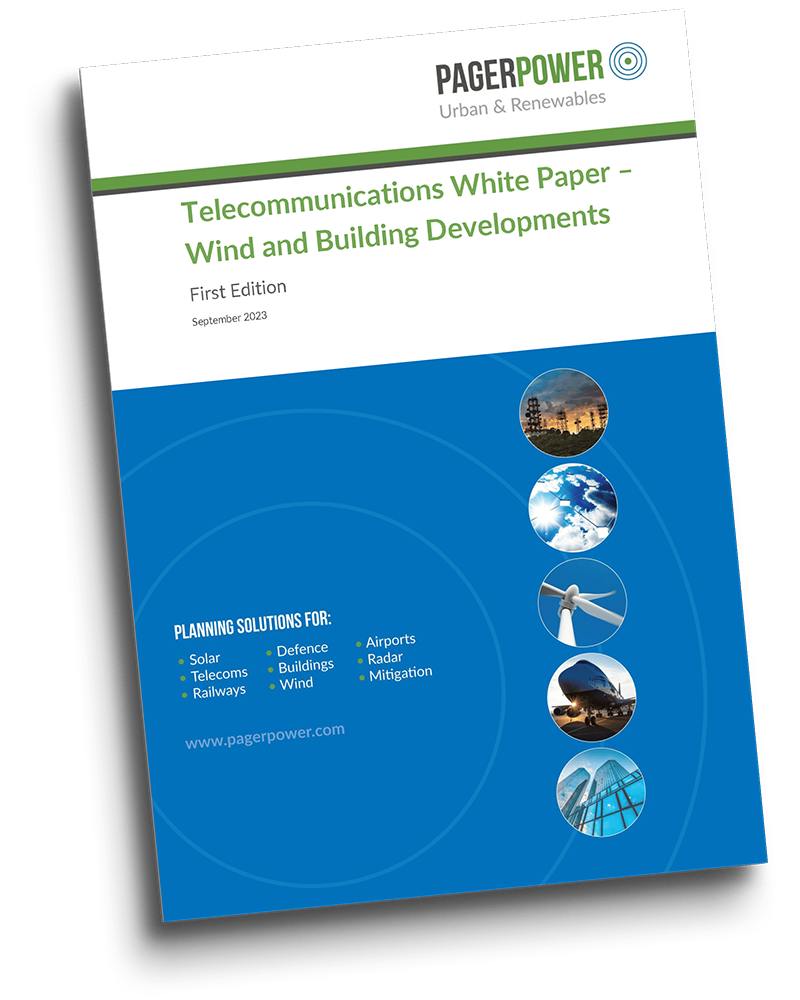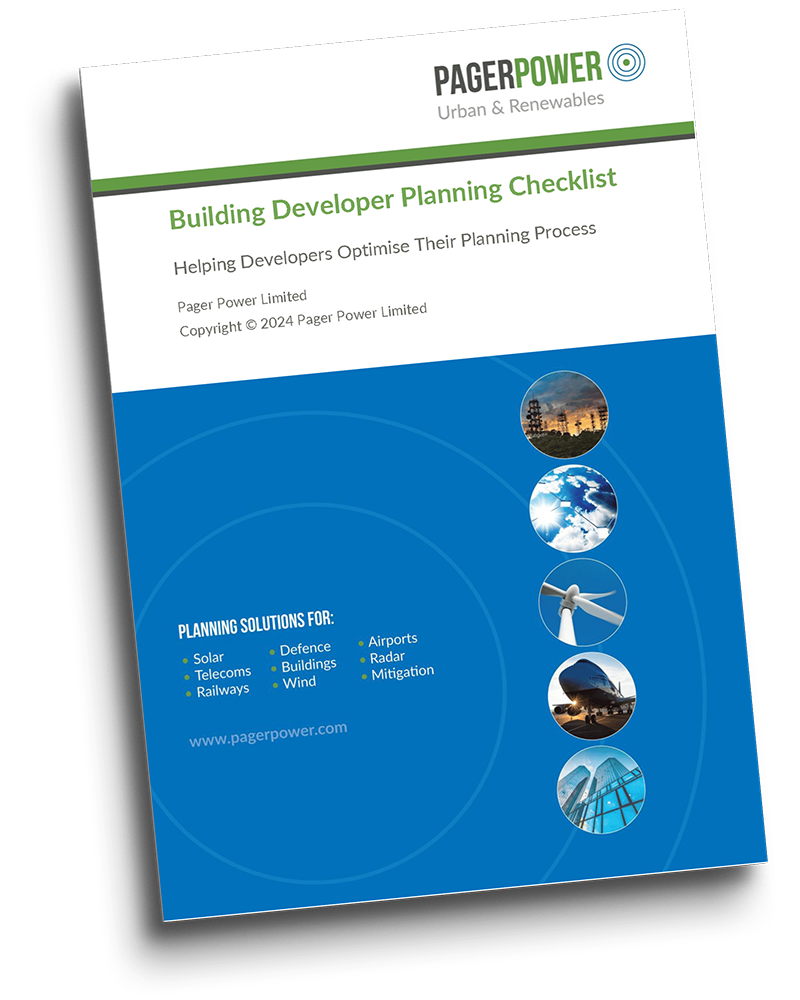Is the Environmental Impact of AI Data Centres Being Watered-Down?

Much like renewable energy developments and the energy transition, artificial intelligence is developing across the globe at breakneck pace. The AI industry already provides significant support to many sectors, with applications in the energy sector such as smart grids, predictive maintenance, energy forecasting, and Carbon Capture. It is expected that AI will become increasingly sophisticated in the aim to create a more sustainable and efficient energy landscape.
An Unquenchable Thirst for Artificial Intelligence
Alongside rapid development of artificial intelligence there are growing concerns of both immediate and long-term environmental impacts. AI data centres, which house the powerful computing infrastructure required to train and run large language models and other AI applications, generate massive amounts of heat. To prevent overheating, these centres rely heavily on cooling systems, many of which consume substantial quantities of water.
According to recent studies, a single AI training run can use hundreds of thousands of litres of water, mostly for evaporative cooling systems. The exact burden is extremely difficult to quantify, though it has been suggested that a single 100-word email generated by OpenAI’s ChatGPT-4 language model could consume as much as 500ml of water.
The growing demand is particularly concerning in water-stressed regions in the United States. Companies may choose to build data centres in these areas due to lower land and energy costs. Moreover, much of the water use at the centres is ‘invisible’ to the public, as companies are not always transparent about their exact water usage. This lack of disclosure makes it difficult to assess the true environmental footprint of AI services.
In places like Arizona, where water scarcity is already critical, the consumption by data centres further exacerbates the problem, raising concerns among local communities and environmental groups. Similar concerns have been raised here in the UK.
AI vs Water Supply, Image created in Canva © Pager Power.
Strategies to Reduce Water Use in AI Operations
The Royal Academy of Engineering recently issued a report that implores the UK government to take action. The paper incudes a request for accurate reporting of water consumption and withdrawal (along with other climate-related activities) to become mandatory.
Companies such as Google, Microsoft, and Meta maintain that they will mitigate environmental impact by replenishing more water than they consume by 2030 through involvement in ecological projects but there is currently no clear strategy for this. Indeed, companies are already exploring alternatives to using fresh water such as air cooling, recycled water use, and locating data centres in cooler climates; however, these solutions have yet to be widely adopted.
Beyond AI and Water Supply
A holistic approach that considers the raw materials required to build data centres, along with the water and energy consumption, carbon emissions, and e-waste that ensues will be required to ensure that AI does not cause sustainability efforts to regress.
“To build systems and services that effectively use resource, we first need to effectively monitor their environmental cost. Once we have access to trustworthy data pertaining to their environmental impacts, and a sense for where these services and systems are needed, we can begin to effectively target efficiency in development, deployment, and use – and plan a sustainable AI future for the UK.”
Tom Rodden CBE FREng FRS FBCS, Pro-Vice Chancellor of Research & Knowledge and Professor of Computing, University of Nottingham and Chair of the People
The International Organisation for Standardisation (ISO) is soon to publish a technical report ISO/IEC TR 20226, which will cover all the aspects where AI and environmental sustainability coincide. The document is designed to inform best practice across all aspects of the industry but will not provide mandatory guidelines.
Without coordinated regulation and greater transparency, the environmental cost may outpace the technological benefits of artificial intelligence. Responsible innovation will require not just smarter algorithms, but smarter resource management across the board.
About Pager Power
Pager Power undertakes technical assessments for developers of renewable energy projects and tall buildings worldwide. For more information about what we do, please get in touch.
https://www.pagerpower.com/wp-content/uploads/2025/06/AI-environment-thumbnail.png








